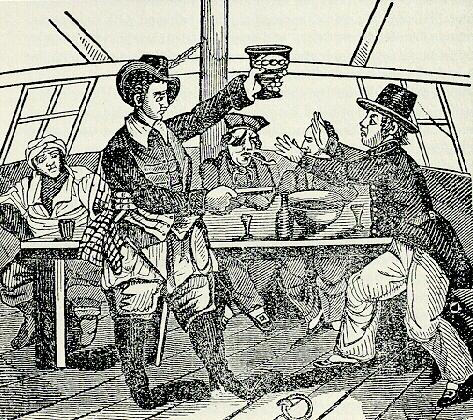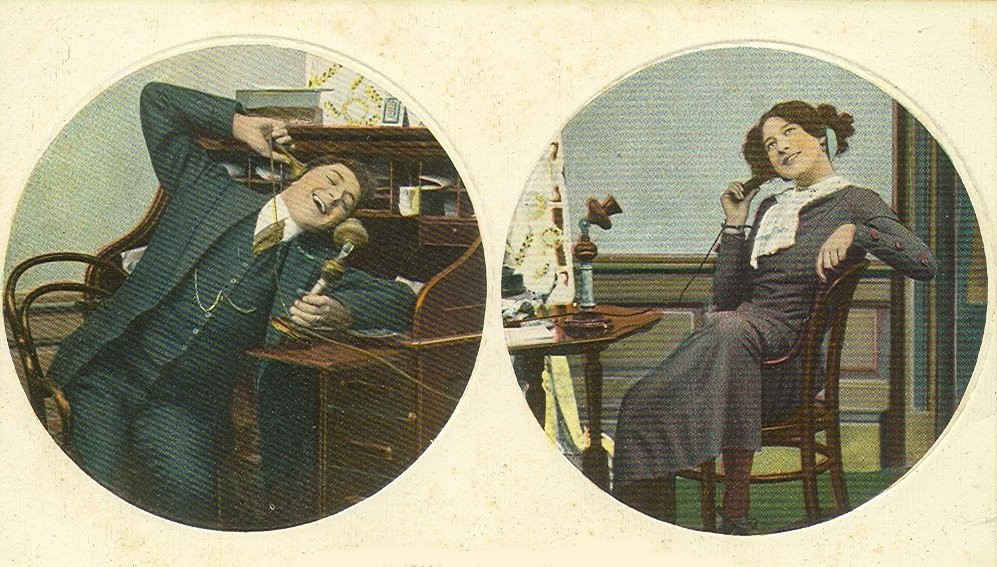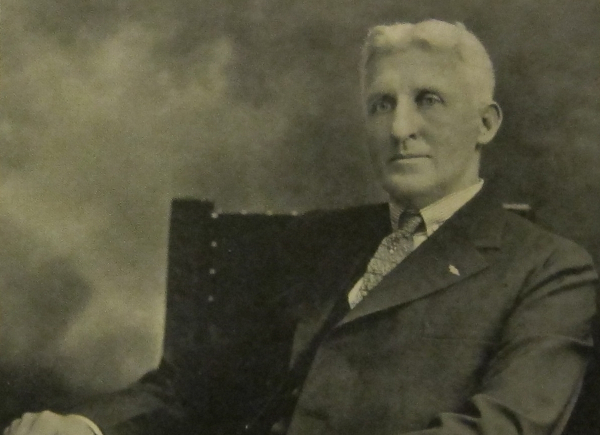
Articles of the pirate ship Revenge, captain John Phillips, 1723:
- Every man shall obey a civil command. The captain shall have one share and a half of all prizes. The master, carpenter, boatswain and gunner shall have one share and [a] quarter.
- If any man shall offer to run away or keep any secret from the company, he shall be marooned with one bottle of powder, one bottle of water, one small arm and shot.
- If any man shall steal anything in the company or game to the value of a piece-of-eight, he shall be marooned or shot.
- If at any time we should meet another marooner [pirate], that man that shall sign his articles without the consent of our company shall suffer such punishment as the captain and company shall think fit.
- That man that shall strike another whilst these articles are in force shall receive Moses’s Law (that is, forty stripes lacking one) on the bare back.
- That man that shall snap his arms or smoke tobacco in the hold without a cap on his pipe, or carry a candle lighted without a lantern, shall suffer the same punishment as in the former article.
- That man that shall not keep his arms clean, fit for an engagement, or neglect his business, shall be cut off from his share and suffer such other punishment as the captain and the company shall think fit.
- If any man shall lose a joint in time of an engagement, he shall have 400 pieces-of-eight. If a limb, 800.
- If at any time we meet with a prudent woman, that man that offers to meddle with her without her consent, shall suffer present death.
That’s from Charles Johnson’s General History of the Pyrates, 1724. It’s one of only four surviving sets of articles from the golden age of piracy.
Phillips lasted less than eight months as a pirate captain but captured 34 ships in the West Indies.





